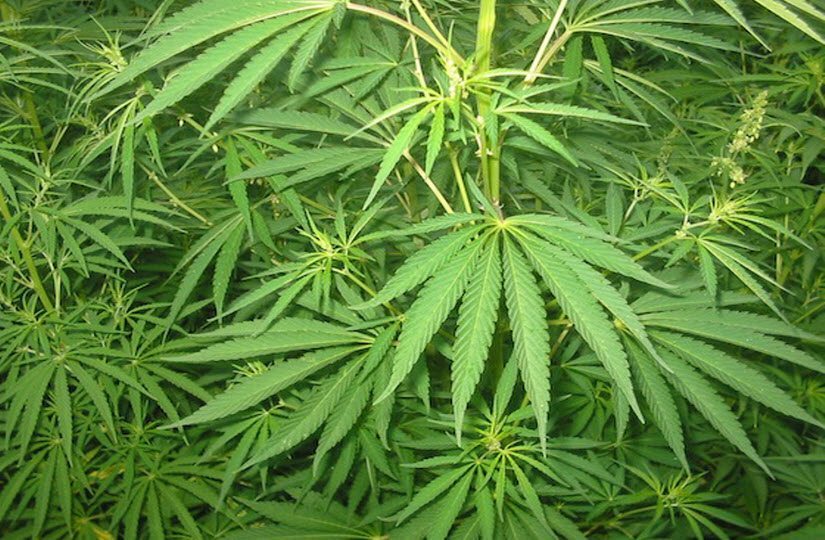“Welcome to Kentucky, the leading industrial hemp-producing state in the country,” Kentucky Agriculture Commissioner James Comer exclaimed to an exuberant sold-out crowd at the annual Hemp Industries Association Conference in Lexington this past Monday. “It feels good to say that.”
Kentucky’s industrial hemp production has grown exponentially in the two years of its rebirth. The state saw more than 922 acres of hemp planted in 2015, up from just 33 acres in 2014.
Comer predicts that Kentucky’s industrial hemp industry will continue to expand at a hefty rate. “In the future, I think we’re going to go from 1,7000 acres to 10,000 acres to 20,000 acres to 40,000 acres,” Comer said. “This is going to be a big crop in the state of Kentucky. We’re going to go from 24 processors to hopefully 100 processors. We’re going to be making things that range from parts in the automotive industry to parts in the construction industry to pharmaceuticals. [Kentucky] is going to be the epicenter of industrial hemp production in America.”
Comer and the state’s participating universities are actively recruiting students to facilitate hemp research. Comer, who will leave office for the private sector in December, says he will spend the remainder of his time encouraging the Food and Drug Administration to keep cannabis products regulated as supplements rather than as medications. “We’re going to keep working to try to have open dialogue with these government bureaucracies and hope that we can continue to make progress and continue to grow the industry,” he said.
Currently, while hemp products are legal to sell in the United States, the crop itself must be imported, with China serving as the single largest supplier of U.S. imports of raw and processed hemp fiber. The Hemp Industries Association (HIA) estimated that in 2013 the total U.S. retail value of hemp products, which included food and body products, clothing, auto parts, building materials and other products was $581 million. In that same year, U.S. imports under categories labeled hemp equaled nearly $36.9 million. Domestic production offers nationwide economic potential for farmers and hemp-related businesses.
Kentucky was one of the first states to take advantage of the passing of the 2014 Farm Bill section 7606, which authorized Departments of Agriculture to create industrial hemp research pilot programs for research purposes. In 2013, the Kentucky General Assembly passed a state law creating a regulatory framework for hemp production in the state in preparation of the passing of the bill.
Comer credits U.S. Senators Mitch McConnell and Rand Paul and U.S. Representatives Thomas Massie and John Yarmuth for supporting hemp legislation and allowing the state’s production to flourish.
In 2015, the state’s Department of Agriculture approved more than 121 hemp pilot projects with seven universities. Each project is tasked with conducting research on growing, processing and marketing hemp into products like oil, food, textiles, energy, plastic composite, building materials and paper.
Kentucky’s first hemp crop was grown in 1775, according to South Central Kentucky’s WBKO Television, and Kentucky led the nation in hemp production in the mid-19th century before federal legislation in 1938 outlawed all cannabis production.
References:
Johnson, Renee. (2015, February 2). Hemp as an Agriculture Commodity. Congressional Research Service. Retrieved from https://www.fas.org/sgp/crs/misc/RL32725.pdf.






